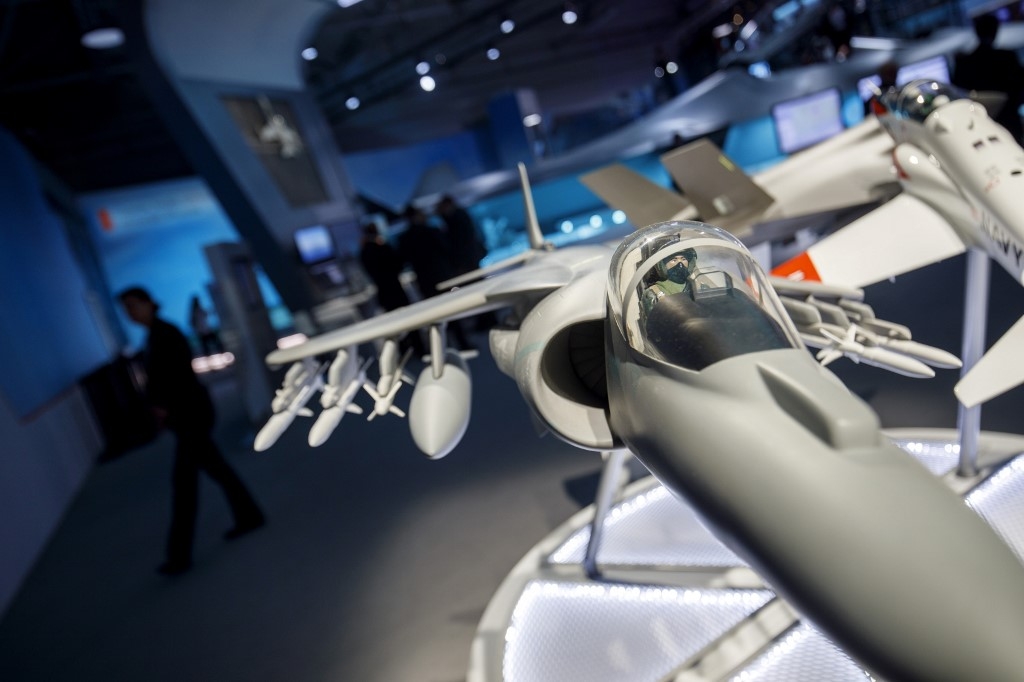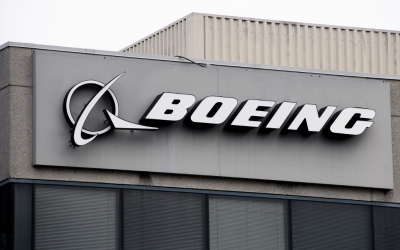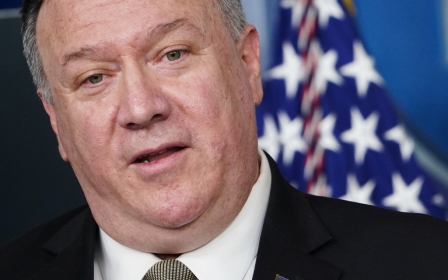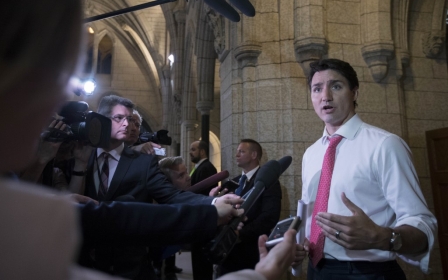US lifts nine-year ban on UK-Saudi arms firm implicated in fraud

The US State Department is rescinding a nine-year policy that prevented it from doing business with a Saudi subsidiary of a British defence firm that pled guilty to fraud in 2010.
The US State Department issued a notice in the Federal Register on Wednesday stating that it made the move at the request of BAE Systems Saudi Arabia (BAES SAL).
"The Department has determined that it is in the national security and foreign policy interests of the United States to rescind the policy of denial concerning BAES SAL," the State Department notice said.
The revocation of the "policy of denial" means the Trump administration is now free to conduct arms deals with BAES SAL without restrictions.
The Saudi subsidiary had been barred by Obama administration in 2011 after BAE Systems, Europe's leading defence contractor, pleaded guilty to defrauding the United States over multiple arms deals. BAE subsequently paid as much as $450m in fines.
New MEE newsletter: Jerusalem Dispatch
Sign up to get the latest insights and analysis on Israel-Palestine, alongside Turkey Unpacked and other MEE newsletters
One of the accusations it faced, and one it did not plead guilty to, included paying billions of dollars to Saudi officials over a 20 year period. It was during this time that the Al-Yamamah arms deal took place between BAE and Saudi Arabia.
The deal, known as "the Dove" in English, secured Britain's role as a leading arms exporter in the world.
In 1985, BAE secured a deal with Saudi Arabia for the sale of 72 Tornado fighter aircrafts and 50 Hawk jet trainers, as well as the construction of two airbases and other additional equipment.
Despite being shrouded in secrecy and corruption claims since it was made, it was renewed in 1993 and 2006. The deal cost a total of about $80bn and was the largest arms deal in UK history.
The Serious Fraud Office (SFO) began investigations into the export agreement in 2004, and, according to the Guardian, obtained incontrovertible evidence to seek arrest warrants for the chairman and chief executive of BAE Systems.
According to the Guardian, SFO officers unravelled commissions being paid through Swiss bank accounts.
In 2010, the US Department of Justice filed a telling indictment - to which BAE agreed to plead guilty - saying the firm "used intermediaries and shell entities to conceal payments to certain advisers who were assisting in the … [Saudi] fighter deals".
Wednesday's rescinding of the ban comes as US Secretary of State Mike Pompeo has come under scrutiny for allegedly firing an internal investigator who was looking into last year's arms deals with Saudi Arabia and the United Arab Emirates.
Fast-tracked despite bipartisan objections in Congress, that arms deal is worth about $8bn.
On Thursday, the Pentagon referred questions about the deal to the State Department, saying it wouldn't comment.
"Foreign military sales are an important part of what the department does and how we work with our allies and partners," Pentagon spokesman Jonathan Hoffman told reporters.
"With regard to that particular transaction I'm just going have to refer you over to the State Department. I'm not going to discuss the interagency conversations."
Middle East Eye delivers independent and unrivalled coverage and analysis of the Middle East, North Africa and beyond. To learn more about republishing this content and the associated fees, please fill out this form. More about MEE can be found here.





